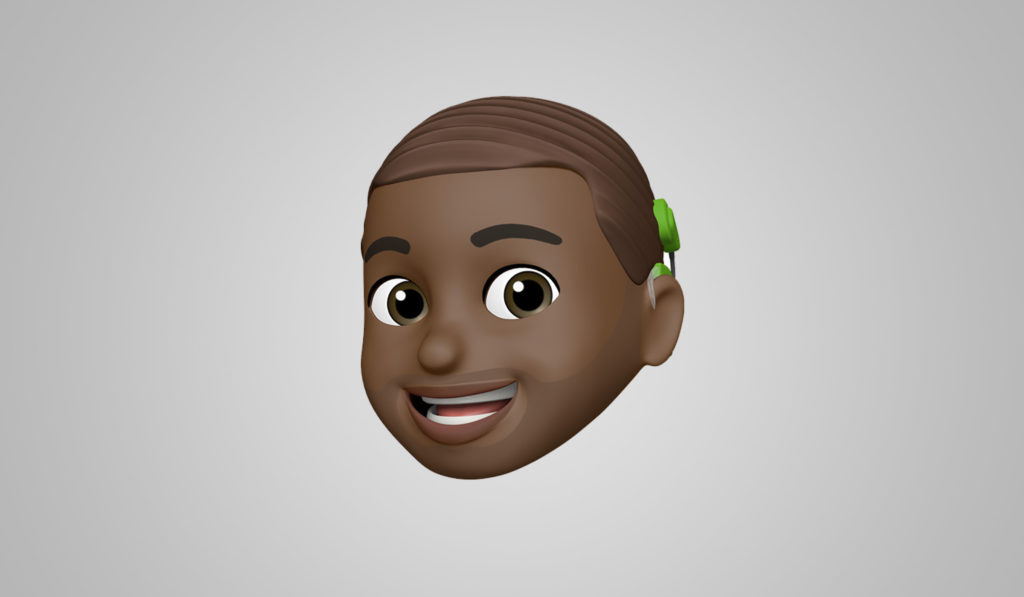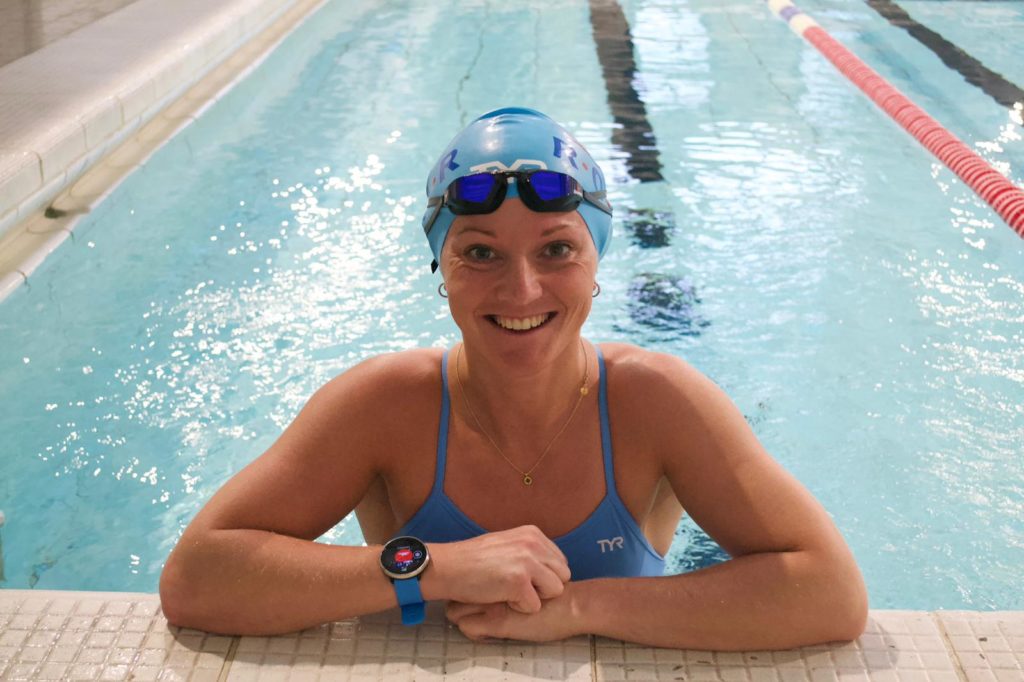When you’re a professional musician, hearing loss can be devastating, but for cochlear implant recipient Massimo Tonson Latour, it was just the start of a whole new adventure – to help other recipients reconnect with music.
“There are no limits to the power of music, and not just for musicians but also for music amateurs, given its beneficial effects in our lives,” says Massimo.
“It’s well-proven that music pitch rehabilitation also improves our abilities in the everyday speech world, allowing the recipient to experience and enjoy not only music, but also the many aspects of a full and healthy social lifestyle,” he says.
A professional musician, Massimo has been performing for many years and has completed formal studies in electric and classical guitar.
But when Massimo lost his hearing due to Meniere’s disease, and despite the success of his cochlear implant, his world turned upside down. “I completely lost the ability to correctly pitch music notes, nor could I recognise the music I had played for more than 40 years, or the music of other musicians.”
Massimo rose to the challenge and, “thanks to my rehabilitation efforts, I can correctly perceive music that is rich with melodies and sound complexities.”
Talking about what he learned through his own research about hearing and how the brain stores a “huge library of musical sounds, frequencies and correct pitches,” Massimo describes his success. “I have been able to regain my ability to pitch notes correctly that I had lost completely.”
With perseverance, the guitarist created an online program called Playing Music After Deafness using techniques he developed to help others reconnect with music.
“There would be a lot of musicians around the globe that have lost their hearing and have given up music completely, not realising that the cochlear implant can offer them the opportunity to continue their musical journey, certainly with limits but not without true rewards.”
Here are Massimo’s tips to help you enjoy music
Use quality equipment to listen to music
Use a quality stereo player and quality monitors and speakers. Start with very low volumes and reduce the bass frequencies while adding mid tones and treble ones.
“Generally, cochlear implant recipients can be sensitive to loud sound, so very soft melodic music is the answer. The best scenario is to use quality media players, very good speakers and be in control of the mix by reducing low frequencies and incorporating more mid-frequencies and highs.”
Listen to familiar music and songs
Listen to lyrics and music you know, to help your brain recognise and process the sounds.
“Listeners can be helped if they know the melody or the words of a song, allowing the brain to use music information that has been stored previously.”
Keep track of your listening achievements
“Keep the sessions short – and time them or record them. Write down the name of the song and include the amount of bass, treble and mid tones that you used. Continue to listen and, once you’re comfortable, make the task harder by increasing the tonalities to allow the brain to gently adapt.”
Practice
Practice daily and rest between sessions, but try to practise three times a day to challenge the brain.
“Never despair from the initial results because in order to make improvement, it is necessary to make a proper commitment, apply the required changes and do the work that is necessary. In short, little effort equals poor results.”
Challenge yourself
Once you’ve achieved good results, set bigger challenges such as listening to the radio in the car while surrounded by driving and traffic noises.
“It is essential to try to obtain good results within your limits and then gradually push outside your boundaries of comfort.”
Develop your listening skills with our music rehabilitation app, Bring Back the Beat, a fun learning app with different games to help people with cochlear implants regain the joy of music.




